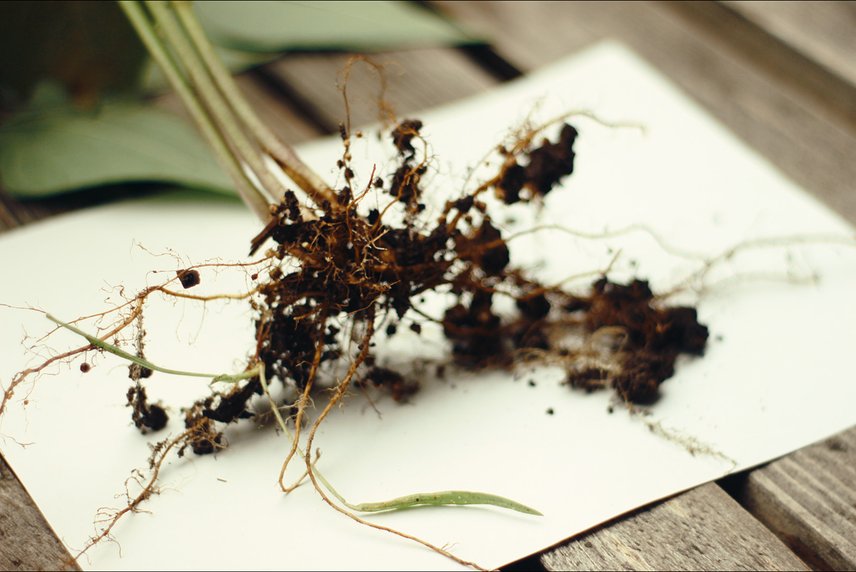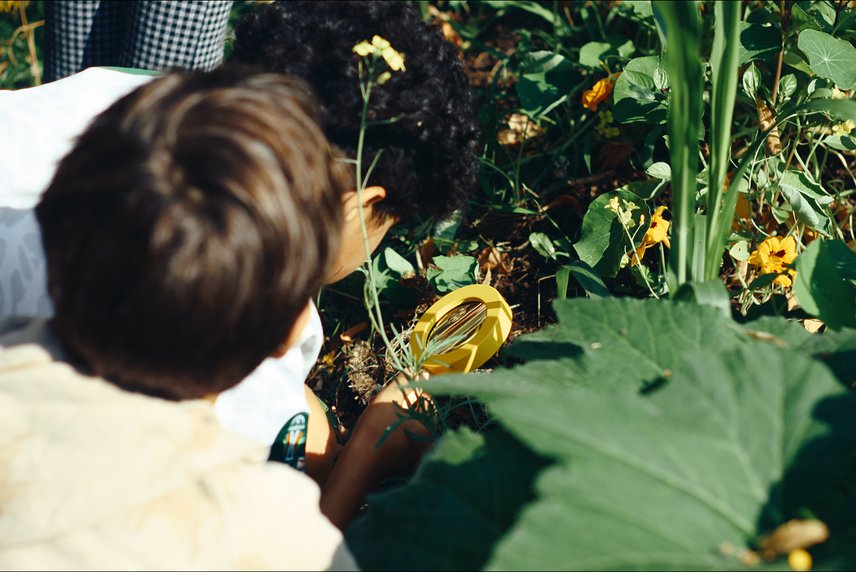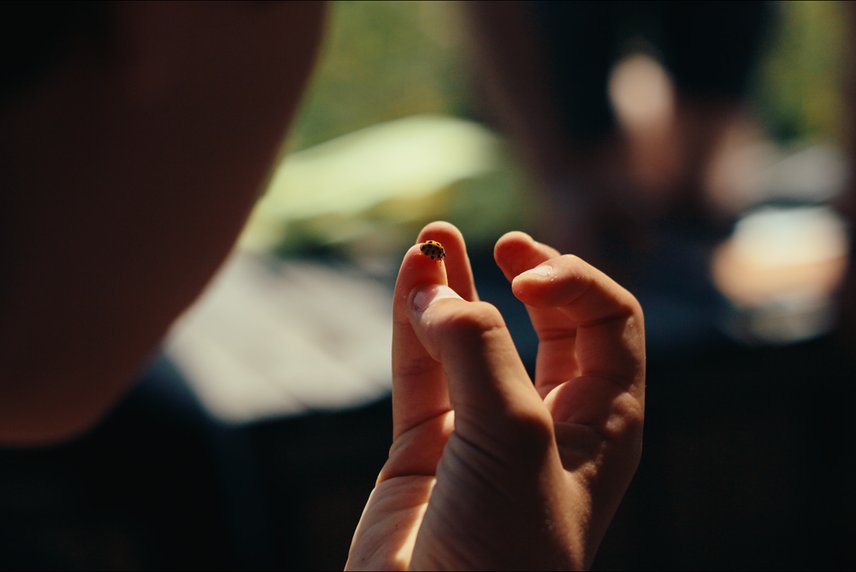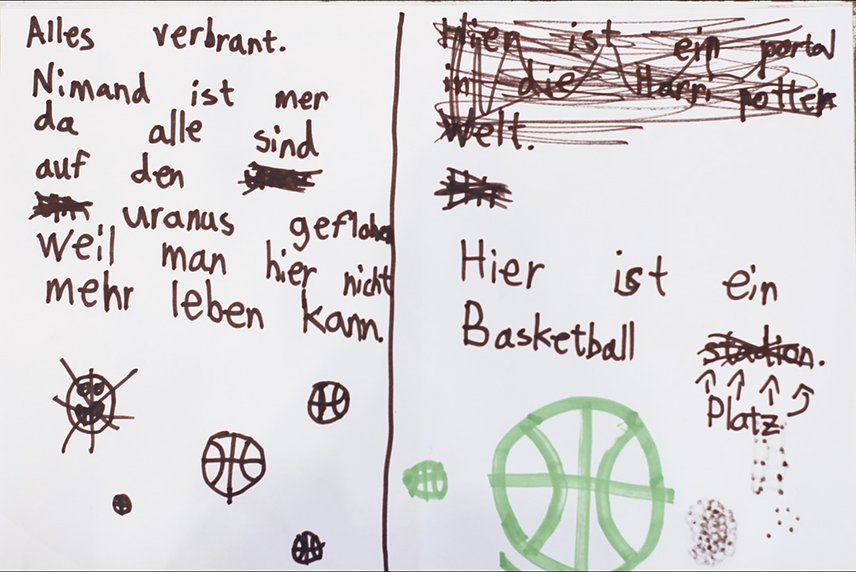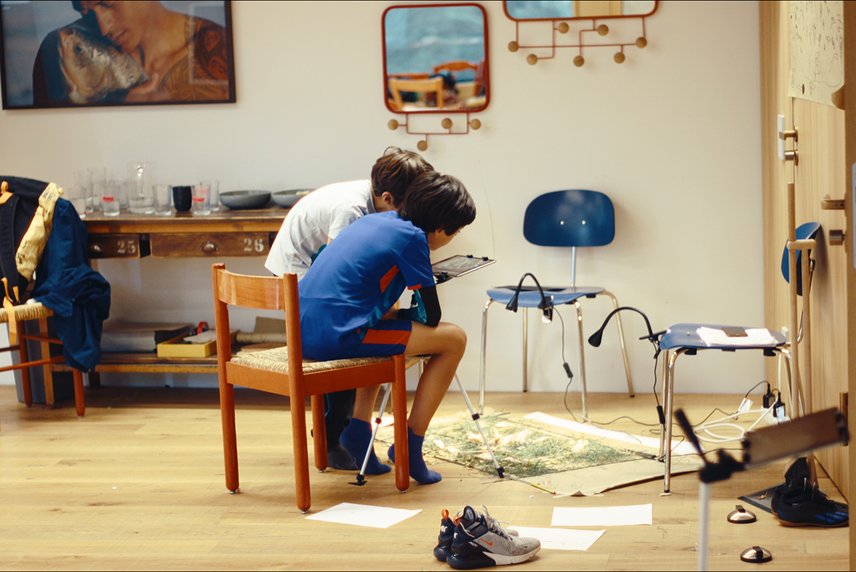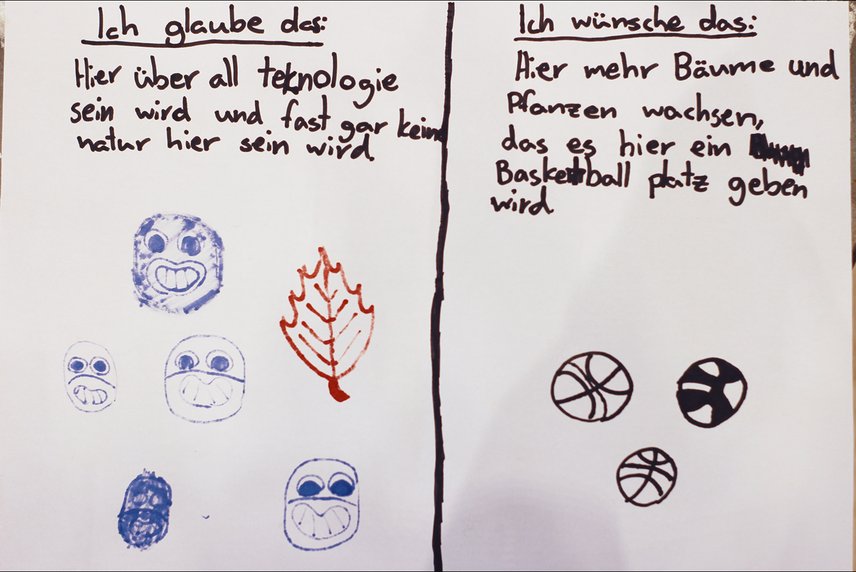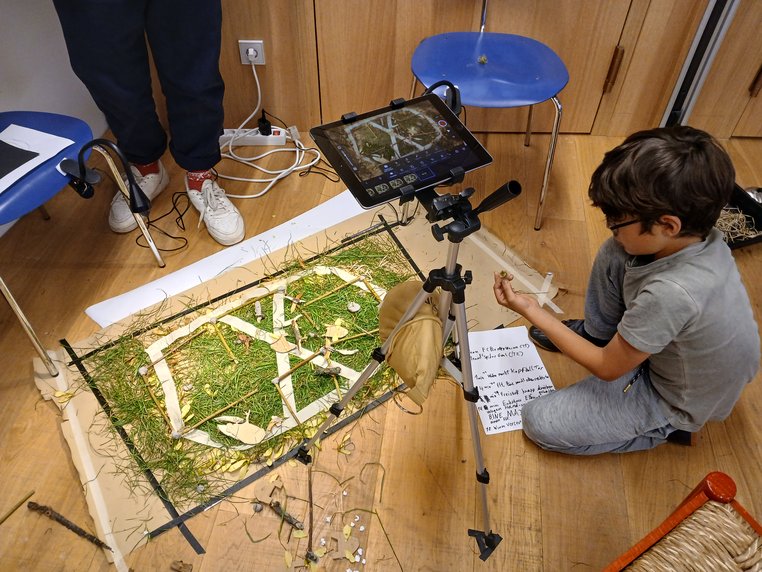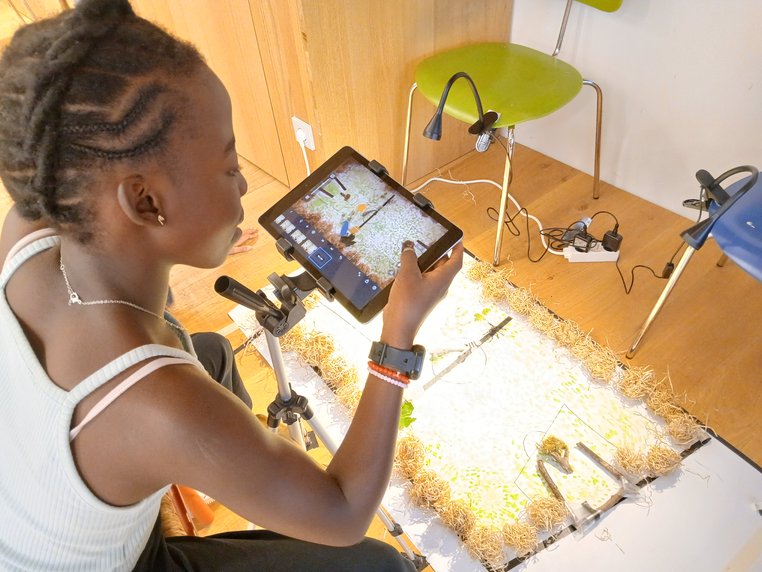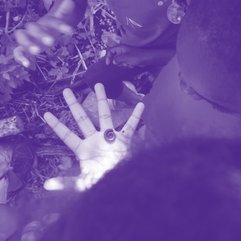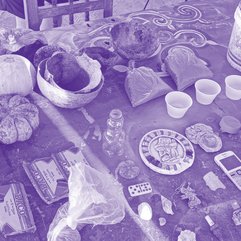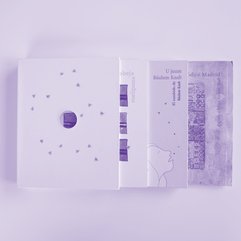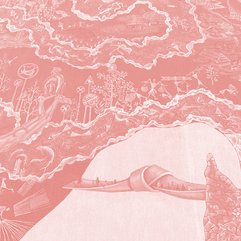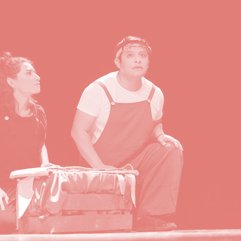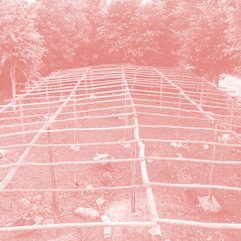Ecologías del Futuro
Playful collective storytelling, stop-motion movie making and the exploration of the natural environment around Spore came together in this workshop week with the collective Ecologías del Futuro, inviting the participants to imagine together what the entangled web of life we inhabit looks like, now and in the future.
Misha, gardener and facilitator at Spore, gave us an introduction to the ecosystem of the garden, looking particularly at the ways in which different beings cohabit and cocreate this space, and how plants create tools and techniques to recollect water and spread their seeds.
At Prinzessinengarten, Miren and Jonas from bodenschätzen.e.V. introduced us to the compost, its cycles and the little beings creating its rich soil. By observing and listening, and by using an array of playful proposals, for example, shadow theatre, we tried to understand how the plants, insects and other creatures we met moved, how they interacted with each other, what the meaning of symbiosis is, and how this relates to the cyclical time that governs the garden.
Based on these encounters we proposed to imagine what this world would be like in 300 or 3000 years - and how we would like it to be. Many of the visions of the future that emerged reflected fears. But on the level of desired futures, stories emerged that tell us both the importance of play as a way for children to inhabit space, and their desire that the life that flourishes in the garden, with its multiple entanglements, remain as it is. The three short films that the children developed in stop-motion are a mixture of these two levels, presenting interspecies games that take up some of the elements that were sown during those days.
The workshop week was conceptualized and accompanied by Tuline Gülgonen and Juan Nasra.



